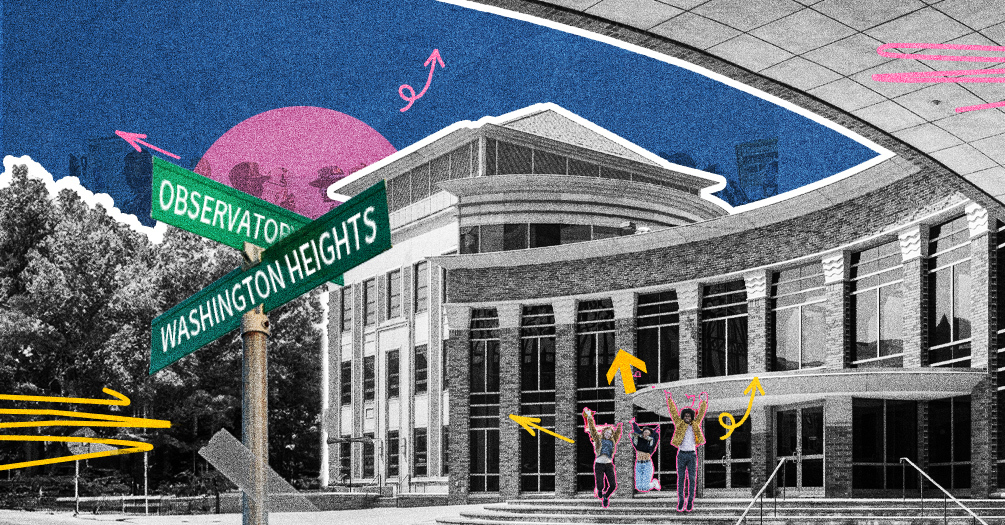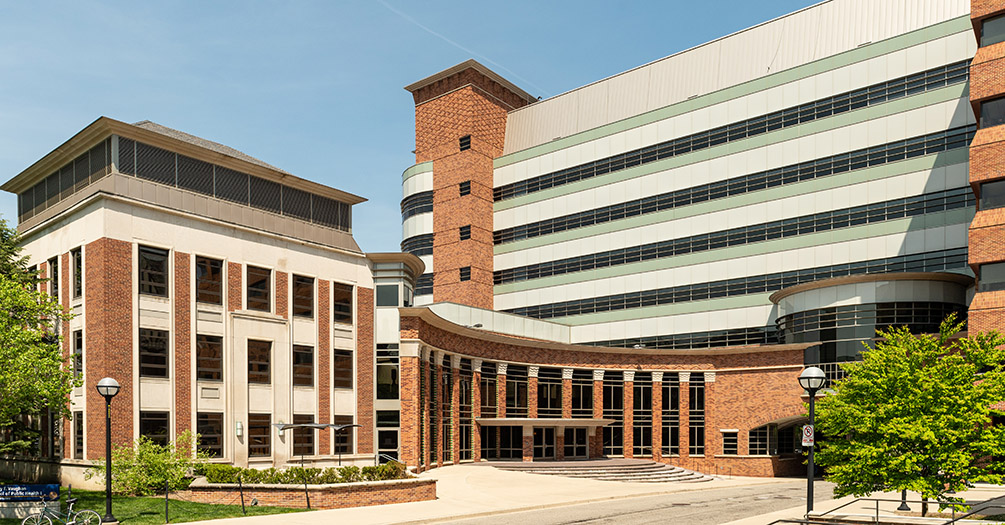
Empowering communities: Transforming mental health care in Honduras
University of Michigan researcher scales mental health interventions globally by training local leaders as community facilitators
A University of Michigan program trains community leaders in Honduras to provide mental health support using cognitive behavioral therapy techniques. The initiative helps vulnerable populations access care in a country where clinical mental health services are scarce.





